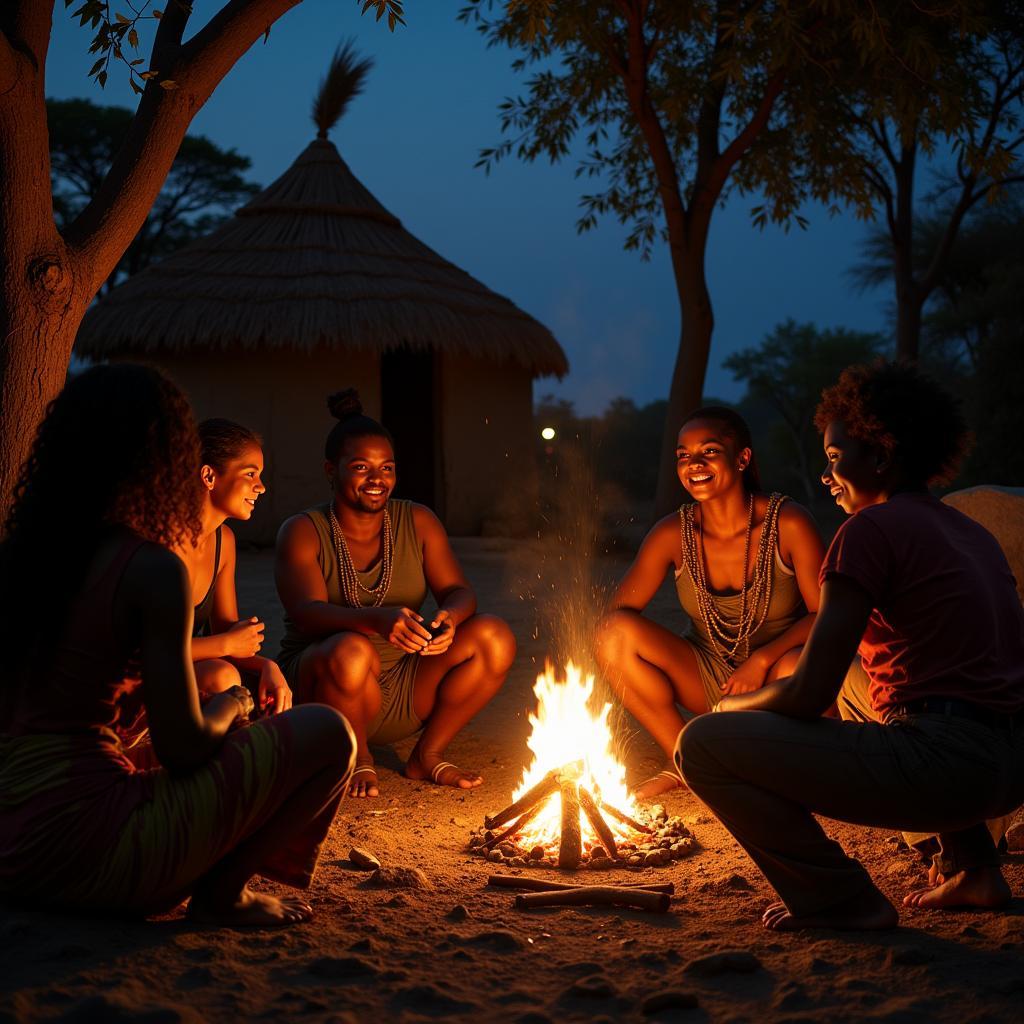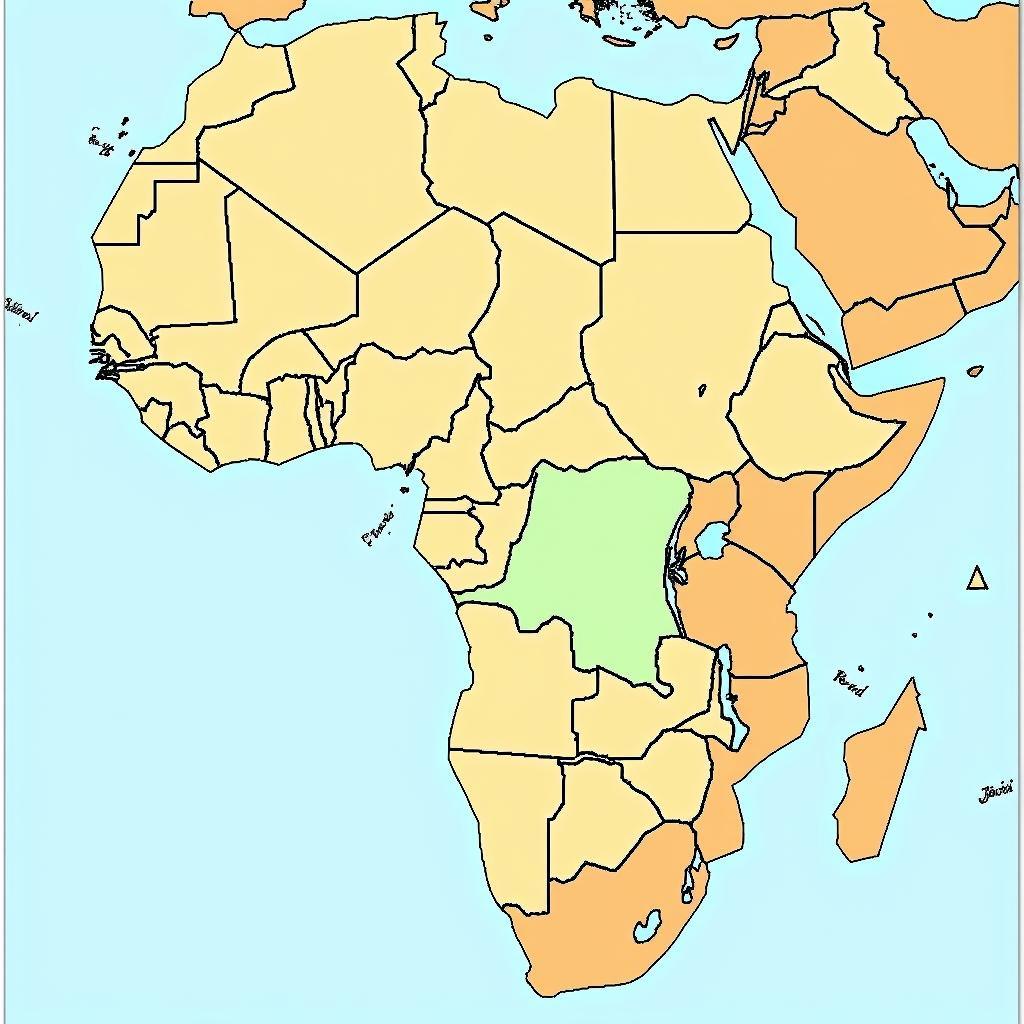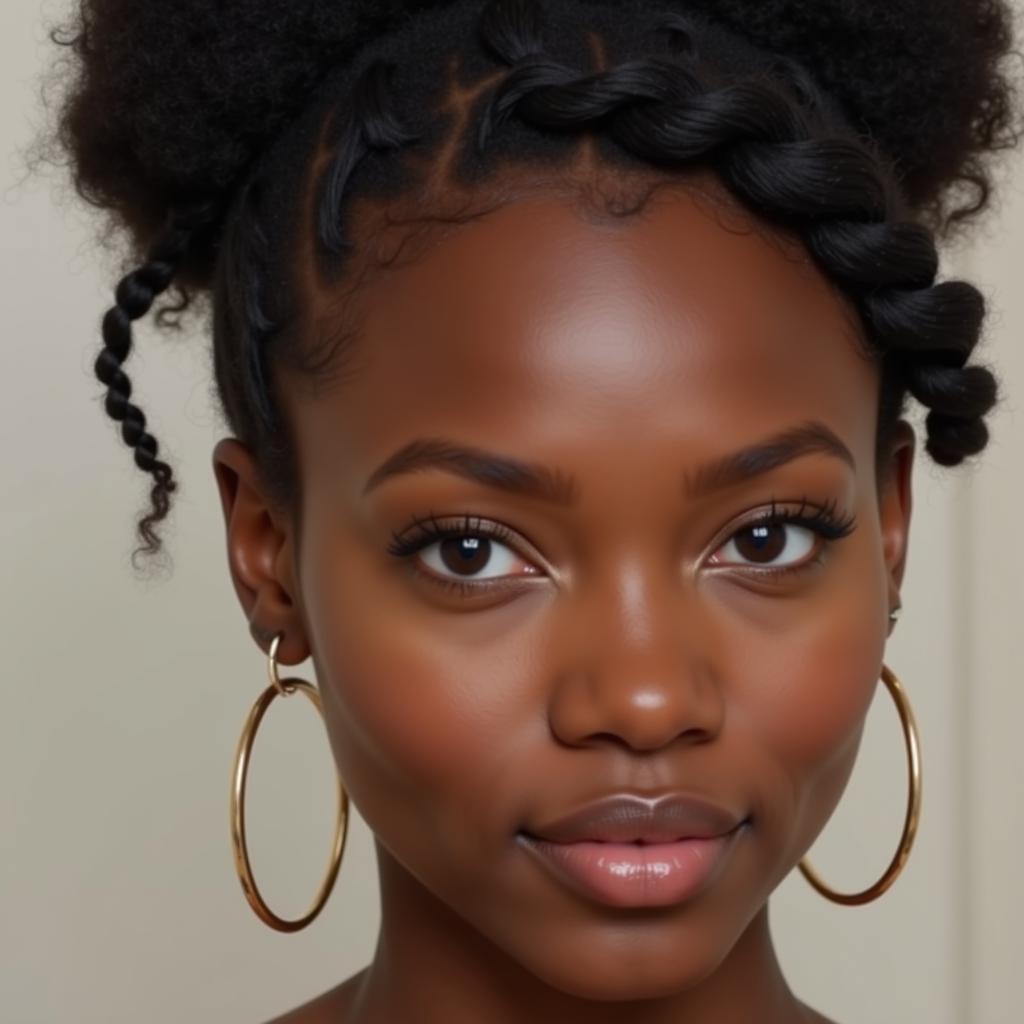Capturing History: The Power of the African American Woman Photographer
African American Woman Photographers have played and continue to play a vital role in shaping visual narratives, challenging stereotypes, and preserving cultural heritage. These artists utilize their lenses to tell powerful stories, offering unique perspectives on Black life, womanhood, and the intersectional experiences that shape their identities. From studio portraits to documentary photography and fine art, they have enriched the world of photography with their talent and vision.
Through the lens of an African American woman photographer, we gain a deeper understanding of the complexities and nuances of the African American experience. See some inspiring african lady picture. These artists often focus on themes of family, community, resilience, and social justice, bringing to light stories that might otherwise go untold. Their work acts as a powerful counter-narrative to mainstream media representations, reclaiming agency and offering a more authentic portrayal of Black life.
A Rich Legacy: Pioneering African American Woman Photographers
The history of African American woman photographers is rich with trailblazers who paved the way for future generations. Figures like Carrie Mae Weems, known for her powerful explorations of race, class, and gender, and Deborah Willis, a historian and photographer whose work examines the representation of Black people in photography, have made indelible marks on the field. These women, along with many others, have challenged the predominantly white, male gaze that has historically dominated the art world, offering alternative perspectives and broadening the scope of photographic storytelling.
Contemporary Voices: Shaping the Future of Photography
Today, a new generation of African American woman photographers continues to push boundaries and redefine the art form. Artists like Endia Beal, whose work explores the experiences of Black women in corporate spaces, and LaToya Ruby Frazier, known for her intimate portraits of working-class families, are shaping the future of photography. They are using their platforms to address contemporary social issues, amplify marginalized voices, and inspire change. Their work provides a powerful reflection of our times, capturing the complexities and contradictions of the modern world.
These artists are also creating innovative work that blends traditional photographic techniques with new technologies, experimenting with digital media, video, and installation art. They are constantly pushing the boundaries of the medium, expanding the definition of what it means to be a photographer in the 21st century. Learn more about african girl photoshoot.
Why is representation important in photography?
Representation matters in photography because it shapes how we see the world and ourselves. When certain groups are consistently underrepresented or misrepresented, it reinforces harmful stereotypes and perpetuates inequalities. African American woman photographers, by telling their own stories and showcasing the diversity within their communities, are challenging these dominant narratives and creating a more inclusive and representative visual landscape.
How do African American woman photographers challenge stereotypes?
African American woman photographers challenge stereotypes by presenting nuanced and complex portrayals of Black women. They move beyond simplistic representations and offer a more complete picture of their lives, experiences, and identities. Through their work, they dismantle harmful stereotypes and reclaim control over their own narratives.
“The camera can be a powerful tool for social change,” says Dr. Amani Jackson, a renowned art historian specializing in African American photography. “By capturing the lived experiences of marginalized communities, photographers can challenge dominant narratives and amplify voices that have been historically silenced.”
Resources and Inspiration: Exploring the Work of African American Woman Photographers
There are numerous resources available for those interested in learning more about African American woman photographers. Museums, galleries, and online platforms offer exhibitions, collections, and articles that showcase the rich history and diverse contributions of these artists. Check out stunning african american women photos. Exploring their work can provide inspiration, understanding, and a deeper appreciation for the power of photography.
Where can I find more information about African American women in photography?
Many online resources, books, and documentaries delve into the history and contributions of African American women in photography. A simple search can uncover a wealth of information. You can also find inspiring images by browsing african american woman stock photos.
“It’s crucial that we continue to support and celebrate the work of African American woman photographers,” says renowned photographer, Ms. Zora Neely. “Their contributions to the art world are invaluable, and their perspectives are essential for creating a more inclusive and just society.”
In conclusion, African American woman photographers have made, and continue to make, significant contributions to the art of photography. Their work challenges stereotypes, preserves history, and provides invaluable insights into the complexities of the human experience. By amplifying these voices and celebrating their artistry, we enrich our understanding of the world and ourselves. Have a look at an african american man photo for a broader perspective.
FAQ
- Who are some prominent African American woman photographers?
- What themes are commonly explored in their work?
- Where can I see exhibitions of their photography?
- How has their work influenced the broader field of photography?
- What resources are available for learning more about their contributions?
- How do they use photography to address social issues?
- What are some contemporary examples of their work?
When you need assistance, please contact us: Phone: +255768904061, Email: [email protected] Or visit us at: Mbarali DC Mawindi, Kangaga, Tanzania. We have a 24/7 customer service team.


